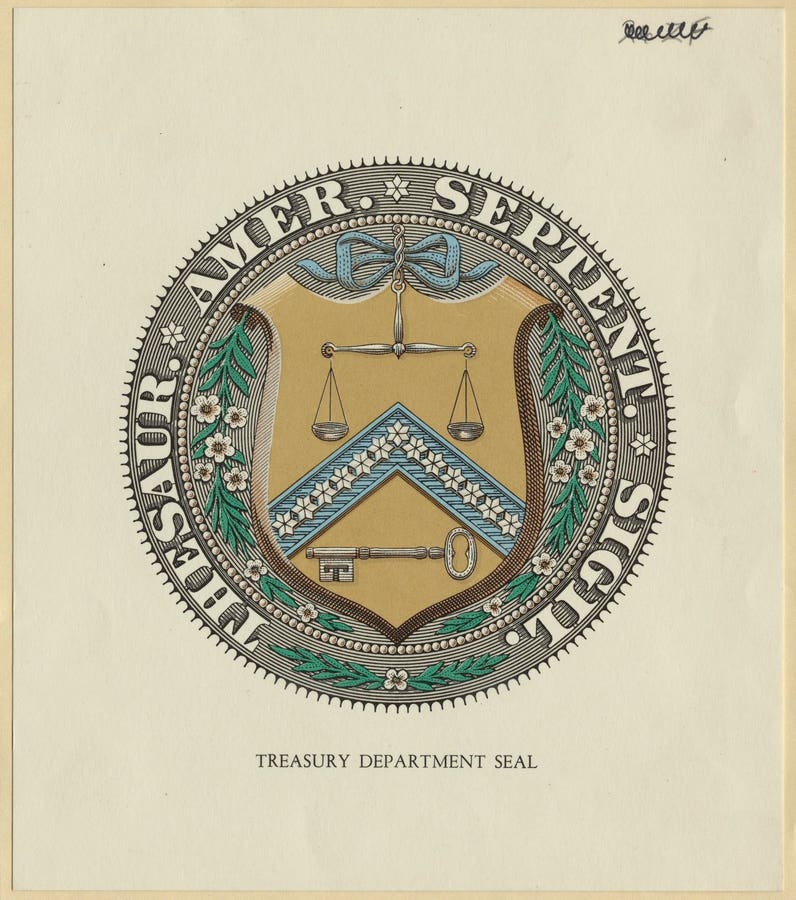The Department of the Treasury’s Financial Crimes Enforcement Network recently enacted a Geographic Targeting Order aimed at stopping money laundering by Mexican drug cartels. The new order requires money service businesses located in 30 Zip codes in California and Texas across seven counties along the Mexican border to report and retain records of all transactions of more than $200 as well as verify the identity of the people doing such transactions. The new regulation goes into effect on April 14 and remains in force until Sept. 9, 2025 although it may well be extended.
In January, President Trump issued an Executive Order that created a process by which drug cartels could be designated as Foreign Terrorist Organizations and/or Specially Designated Global Terrorists following which The Treasury Department and State Department designated six major Mexican drug cartels as FTOs and SDGTs. This designation authorizes the federal government to take further steps to deny people and entities associated with these cartels access to the United States financial system.
Transaction reporting requirements created to combat money laundering go back to the Bank Secrecy Act enacted in 1970, which required banks to report cash transactions over $10,000 as well as identify people conducting those transactions and maintain records of those financial transactions. When the BSA was first passed, it was opposed by the banking industry, which sued to have the law declared unconstitutional as a violation of the Fourth Amendment, however the Supreme Court in the case of California Bankers Association vs. Shultz ruled in 1974 that the law did not constitute an unreasonable burden on banks and the requirement of maintaining records of transactions did not constitute a seizure.
The low $200 threshold of the new regulation will substantially add to the record keeping for many normal payments going from the U.S. to Mexico. However criminal organizations have long used a technique called “smurfing” to break down the transmission of large sums into many small dollar transactions to launder illegally obtained funds, particularly those derived from drug trafficking. It is those payments the new regulation is targeting. The goal of the new regulation is to use artificial intelligence to analyze the reports of these small transactions to identify suspicious patterns which, in turn, can be followed up on by law enforcement.
Money servicing businesses, as defined by federal law include post offices, check cashers and issuers of travelers checks. According to the new regulation, not only must the money servicing businesses file reports electronically with FinCEN through its BSA E-Filing system within 15 days of the date of the transaction, but they also must verify the identity of the customer, which must be included in the report. The regulation prohibits merely reporting as “known customer” or “bank signature card on file.” It is expected that to comply with the new regulation, money servicing services may need to update their present risk assessment practices and training for its customer-facing staff.
According to the Center for Strategic & International Studies, a bipartisan think tank, Mexico received $63.3 billion in remittances from outside of Mexico. Remittances, which often are payments from Mexican workers outside of Mexico to their families back in Mexico, were the single largest source of foreign income for Mexico, even more than foreign direct investment, according to CSIS. The average remittance transaction to Mexico was approximately $390 in 2022.
In announcing the new regulation, Treasury Secretary Scott Bessent said, “Today’s issuance of the GTO underscores our deep concern with the significant risk to the U.S. financial system of the cartels, drug traffickers and other criminal actors along the Southwest border.”
Read the full article here

